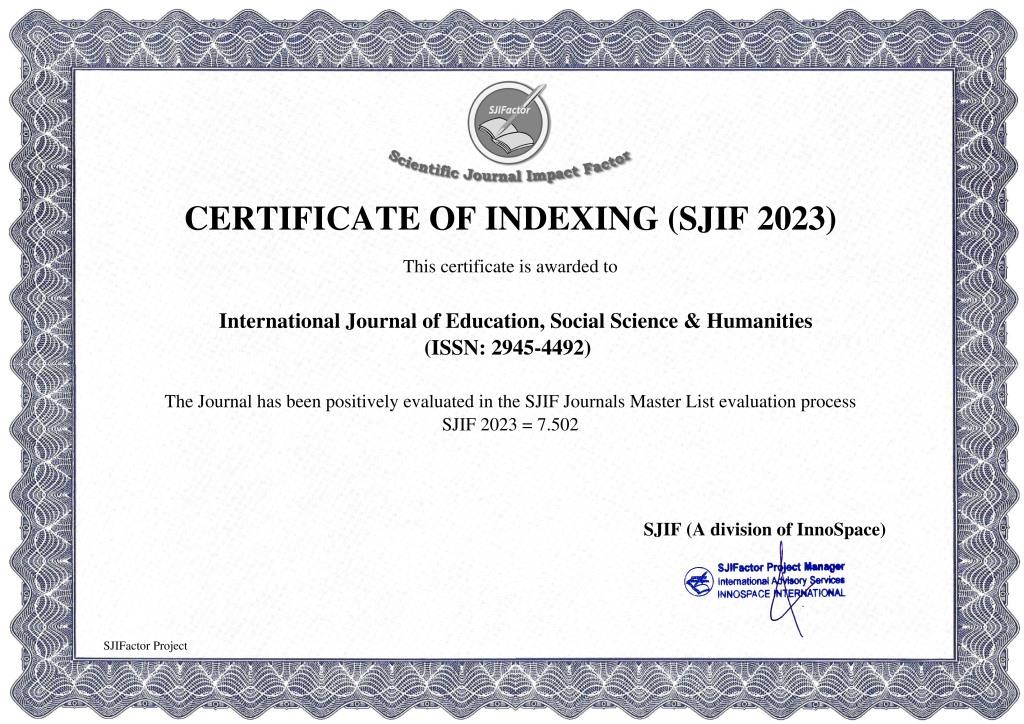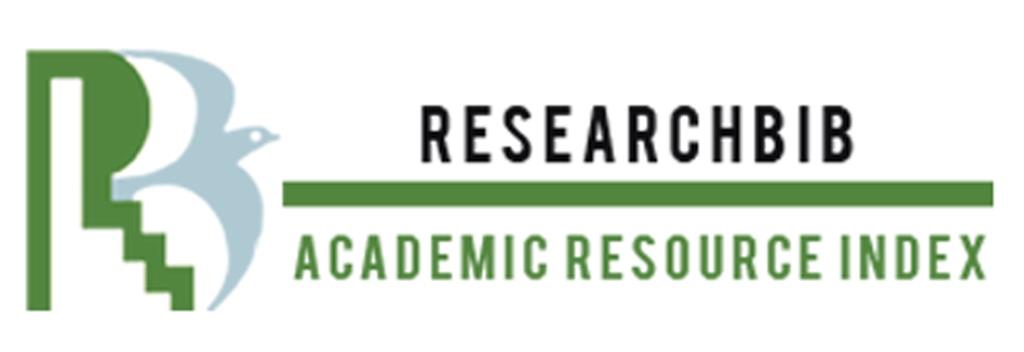THE DIRECT TEACHING METHOD
Keywords:
Maximilian Berlitz, ELT course, fresh content, supervision, decision-making, demonstrations.Abstract
the direct teaching method, also known as explicit instruction, has been a prominent approach in education for centuries. This method involves the teacher delivering information directly to students through structured and systematic lessons, often incorporating lectures, demonstrations, and explicit modeling of skills. Direct teaching has been a subject of ongoing debate and research within the field of education, with proponents praising its effectiveness in imparting knowledge and skills, while critics raise concerns about its potential limitations and impact on student engagement.
References
Barak, M., & Aslan, S. (2018). The Effect of Direct Instruction on Reading Comprehension. Journal of Education and Learning, 7(6), 47-56.
Engelmann, S., & Carnine, D. (1991). Theory of instruction: Principles and applications. Eugene, OR: ADI Press.
Gersten, R., & Dimino, J. A. (2001). RTI (response to intervention): Rethinking special education for students with reading difficulties. Reading Research Quarterly, 36(4), 378-393.
Good, T. L., & Brophy, J. E. (2003). Looking in classrooms (9th ed.). Boston: Allyn and Bacon.
Kirschner, P. A., Sweller, J., & Clark, R. E. (2006). Why minimal guidance during instruction does not work: An analysis of the failure of constructivist, discovery, problem-based, experiential, and inquiry-based teaching. Educational Psychologist, 41(2), 75-86.
Marzano, R. J., Pickering, D. J., & Pollock, J. E. (2001). Classroom instruction that works: Research-based strategies for increasing student achievement. Alexandria, VA: Association for Supervision and Curriculum Development.
Rosenshine, B., & Meister, C. (1994). Reciprocal teaching: A review of the research. Review of Educational Research, 64(4), 479-530.
Slavin, R. E. (1996). Research on cooperative learning and achievement: What we know, what we need to know. Contemporary Educational Psychology, 21(1), 43-69.
Wenglinsky, H. (2002). How schools matter: The link between teacher classroom practices and student academic performance. Education Policy Analysis Archives, 10(12).
Woolfolk Hoy, A., & Weinstein, C. S. (2006). Student and teacher perspectives on classroom management. In C. M. Evertson & C. S. Weinstein (Eds.), Handbook of classroom management: Research, practice, and contemporary issues (pp. 171-197). Mahwah, NJ: Lawrence Erlbaum Associates.














